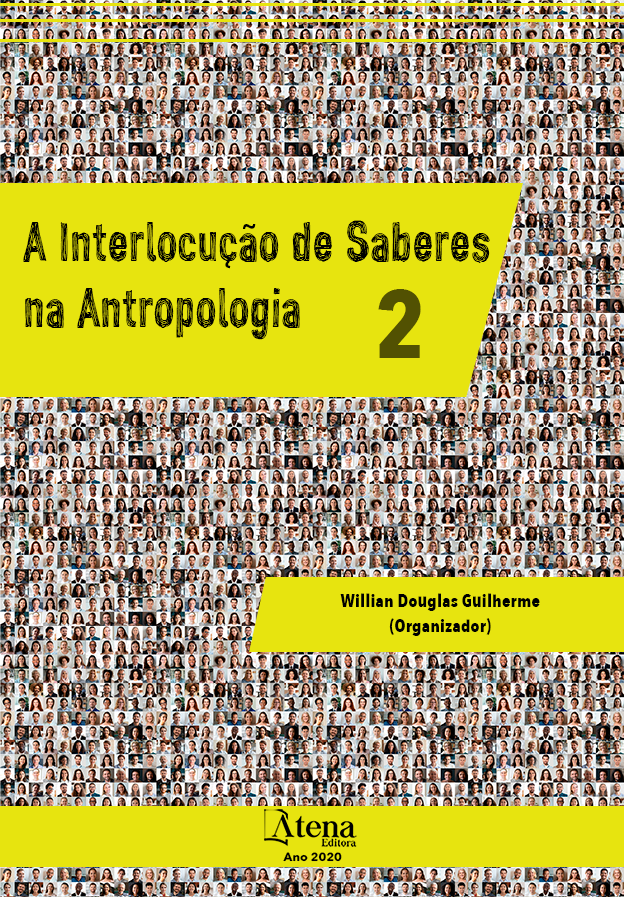
CURSO DE GESTÃO EM SAÚDE COLETIVA INDÍGENA: RELATO DE EXPERIÊNCIA
Trata-se de um estudo descritivo na modalidade de relato de experiência, que tem por objetivo descrever o cotidiano da realidade profissional da docência para acadêmicos indígenas e os principais avanços e desafios do primeiro curso de Bacharelado em Gestão em Saúde Coletiva indígena em seus primeiros cinco anos de trabalho no Instituto Insikiran de Formação Superior Indígena da Universidade Federal de Roraima. Em 2017 o curso foi avaliado pelo Ministério da Educação e recebeu a nota máxima, sendo até então o terceiro curso a ser avaliado com excelência da nossa universidade, e já formamos 26 alunos e temos hoje um total de 150 alunos matriculados distribuídos em cinco turmas, e o curso funciona com 6 professores efetivos e seis colaboradores. Neste sentido. O Curso de Graduação em Gestão em Saúde Coletiva Indígena tem como maior desafio formar estudantes indígenas que serão profissionais da área da saúde em que possam realizar transformações das práticas em saúde, sendo assim, agentes transformadores do perfil sanitário e da consolidação de práticas mais adequadas às necessidades de saúde da população indígena, com o propósito particular de oferecer instrumentos necessários para vencerem os desafios que são almejados por seus povos, suas organizações e comunidades, frente ao que rege o “Sistema Único de Saúde” e a “Política Nacional de Atenção à Saúde dos Povos Indígena”, em que solicitam uma adequada alocação dos recursos financeiros, recursos humanos qualificados, uma educação permanente no trabalho em saúde adequado as necessidades do território, em que estejam dispostos a oferecer uma assistência em saúde indígena realmente diferenciada.
CURSO DE GESTÃO EM SAÚDE COLETIVA INDÍGENA: RELATO DE EXPERIÊNCIA
-
DOI: 10.22533/at.ed.7502011097
-
Palavras-chave: Saúde indígena, Cotidiano universitário. Gestão em saúde. Estudantes indígenas
-
Keywords: Indigenous health, College life. Health management. Indigenous students
-
Abstract:
This is a descriptive study in the experience reporting modality, which aims to describe the daily reality of the professional reality of teaching for indigenous academics and the main advances and challenges of the first course of Bachelor in Management in Indigenous Collective Health in its first five years of work in the Institute Insikiran of Indigenous Superior Formation of the Federal University of Roraima. In 2017 the course was evaluated by the Ministry of Education and received the highest mark, being until then the third course to be evaluated with excellence of our university, and we have already formed 26 students and today we have a total of 150 students enrolled distributed in five classes, and the course works with 6 effective teachers and 6 collaborators. In this sense, the Graduate Course in Management in Indigenous Collective Health has the greatest challenge to train indigenous students who will be professionals in the health area in which they can make changes in health practices, thus transforming the health profile and consolidating more adequate to the health needs of the indigenous population, with the particular purpose of offering the necessary instruments to overcome the challenges that are desired by their peoples, their organizations and communities, in front of that which governs the "Unified Health System" and the Attention to the Health of Indigenous Peoples, "in which they request an adequate allocation of financial resources, qualified human resources, a permanent education in health work adequate to the needs of the territory, where they are willing to offer a truly differentiated indigenous health care.
-
Número de páginas: 19
- Ana Paula Barbosa Alves


